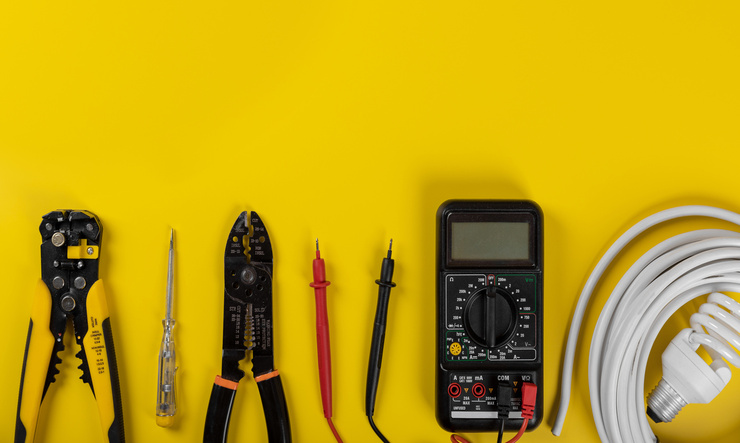In the coming years, the United States is expected to experience a shortage of skilled workers. Many of the current workers in fields such as electrical work, plumbing and heavy equipment operation are baby boomers who are approaching retirement age. What’s left in their wake will likely be a skill gap. This presents an excellent opportunity for students who want to make a living in these fields as opposed to an occupation that requires a four-year degree. Let’s take a quick look at the outlook for two such professions.
HVAC Technicians
HVAC technicians spend their days installing, repairing and maintaining HVAC systems. Currently, the Bureau of Labor Statistics (BLS) anticipates a 15 percent increase in the employment of heating, air conditioning and refrigeration mechanics and installers through 2026. The BLS attributes this rise in part to the push for more energy-efficient and environmentally friendly heating and cooling systems. HVAC technicians will play a significant role in creating a more sustainable tomorrow.
People rely heavily on HVAC systems to maintain comfortable temperatures in their homes, especially in warmer climates where the air conditioner is likely to be running most of the year. It’s important to have a well-trained workforce of HVAC technicians available for when heating and cooling problems arise.

Electricians
Electricians keep the lights (and everything else that uses electricity) on. They install, maintain and repair electrical wiring and components in buildings. Like HVAC technicians, employment of electricians is projected to increase in the coming years. According to the BLS, there’s expected to be a 9 percent spike in electrician jobs through 2026 relative to 2016.
Also like HVAC technicians, electricians are and will continue to be part of the implementation of greener technology. Solar panels are becoming more common in residential settings. Wind and other forms of renewable energy also require the know-how that electricians bring to the table in order to be harnessed effectively.
The BLS suggests that electricians who can do many things well will have more success in the workforce. Seeing how much we rely on electricity for so many things we do in our personal and professional lives, we will need more electricians to keep things working.
We’ve established that there’s a demand for skilled trades workers. So how can you capitalize on the current demand for skilled trades workers? That’s easy. All you need to do is enroll in a program that teaches the trade you’re interested in.

Start your Future at Coyne College
Skilled trades training programs are commonly offered at trade schools and community colleges. Let’s take, for instance, Coyne College in Chicago. Coyne College offers training programs in both HVAC refrigeration and electrical work (two, actually: Electrical Construction and Planning and Electrical Construction and Maintenance). In each of the programs, students gain a fundamental understanding of the trade and get immersive hands-on learning that will help prepare them for entering their field. Programs are taught by professionals who have years of experience under their respective belts. They can pass tips on to you that can only be learned from working in the field.
What’s more is that the programs at Coyne College Chicago are shorter than those at traditional colleges and universities. For example, Coyne’s HVAC Refrigeration program can be completed in a little as 42 weeks. This can allow you to take advantage of the growing demand and excellent earning potential that skilled trades work presents. Additionally, Coyne College offers both day and night options so you can fit a skilled trades program into your schedule.
In short, the future of skilled trades (and the programs that teach them) is bright. Find out for yourself all that Coyne’s programs have to offer by calling 800-720-3990 or visiting our homepage at https://www.coynecollege.edu/.


